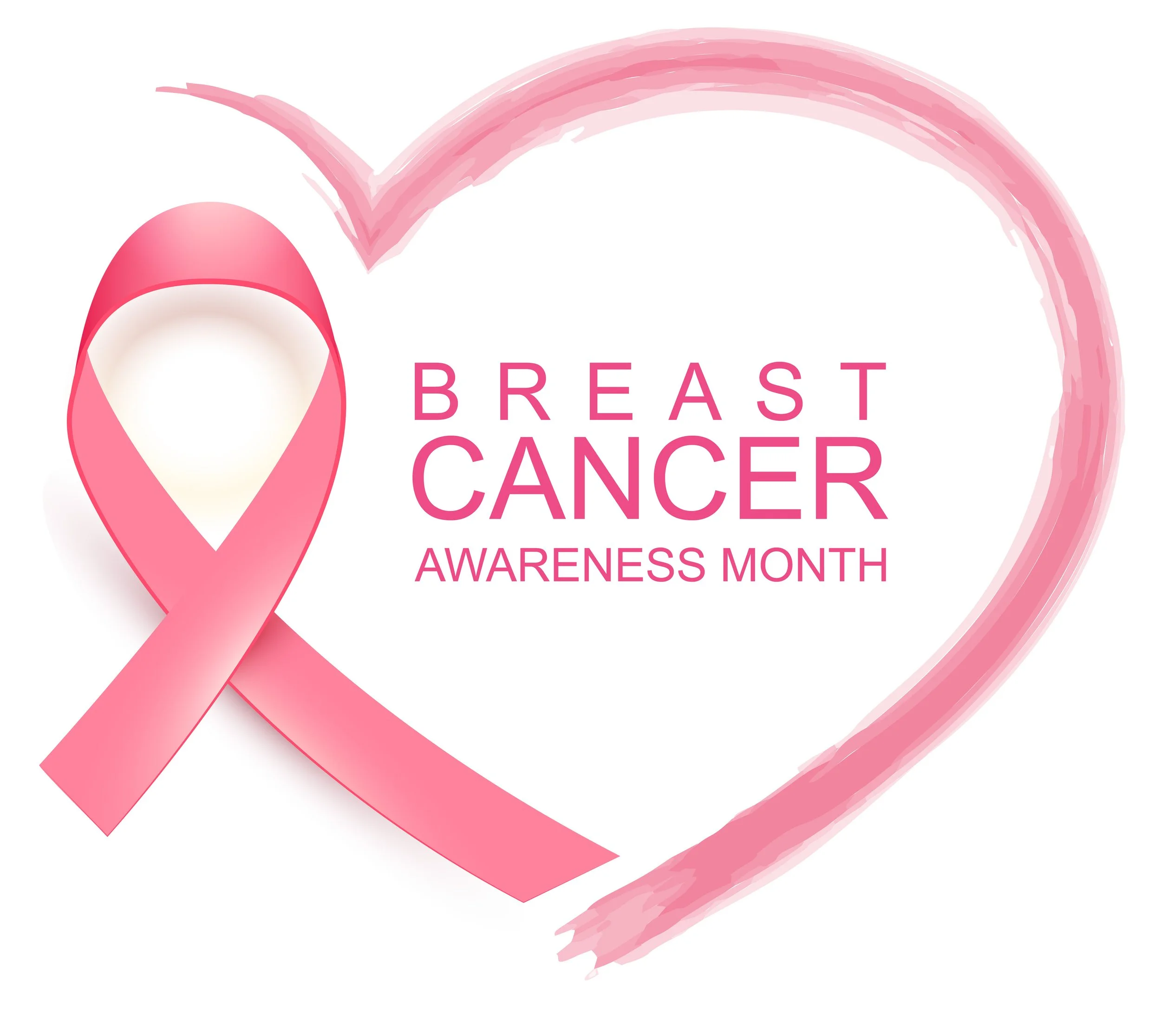Breast Cancer Awareness After The Pandemic
Do you feel like you lost a year or two during the pandemic? Thank heavens life feels more normal now, but let's hope a little time is all we lost. Unfortunately, for some of us the pandemic also meant skipped doctors appointments and health screenings, which has increased our chances of developing undiagnosed cancer. Some studies have estimated that deaths from breast cancer will double over the next few years due to delays in diagnosis and treatment. Breast Cancer Awareness Month may now be over, but it’s still an excellent time to refocus on the steps you can take to protect yourself from cancer.
The first and most important step is to get your annual screenings. If you're a woman, get regular mammograms. There have been changes in recommendations and, of course, you should follow the schedule agreed to between you and your doctor; however the general guideline is to begin regular mammograms between the ages of 40 and 45. The median age of breast cancer diagnosis is 62, however the odds of being diagnosed begin sharply climbing after the age of 40.
If you haven't already scheduled your mammogram, do it now. Here are the phone numbers for the scheduling departments of three local hospital systems:
Mercy Scheduling: 417-820-8080
Cox Scheduling: 417-269-5198
North Arkansas Regional: 870-414-4888
Covid-19 Booster Note: The BCRF recommends that mammograms not be performed within six weeks of a Covid-19 vaccine dose due to the rare but possible occurrence of lymph node swelling following the dose, which can lead to inaccurate mammogram readings.
If you are a current or former breast cancer patient, then you may have questions about the Covid-19 vaccine specific to your health history. The BCRF answers many of your questions in a guide which can be found on their website through this link. You should always seek the advice of your medical team, but, according to the BCRF, Covid-19 vaccines and the currently CDC-recommended boosters are safe for most breast cancer patients and survivors.
Pay attention to your body and perform self-examination. This should be performed monthly and if you're not sure how to do it--and seriously, most of us aren't really sure--check out this guide from the National Breast Cancer Organization.
Assess the risk/benefit of any postmenopausal hormone use with your doctor.Earlier and longer use of hormone therapy is associated with greater frequency of breast cancer diagnosis.
Lose any extra pounds you may be carrying. Postmenopausal breast cancer risk is 50% higher in overweight women and doubled in obese women. probably due to the higher estrogen levels found in body fat. Insulin may also play a role, as the risk is higher for those who have type II diabetes.
Get up and move. Even walking as exercise has demonstrated a 10-20% reduction in breast cancer risk, with the greater benefit going to those who were more strenuous in their exercise. Moving more not only helps to control your weight but also balances your hormones and reduces inflammation, possibly alleviating those risk factors.
Drink less or no alcohol. Moderate consumption of one drink per day increases your risk by 7-10% while heavy drinking of 2-3 alcoholic drinks per day pushes the risk up by 20%.
Don't smoke. Not all studies have been conclusive regarding this risk, however the American Cancer Society found that women who began smoking before the birth of their first child have a 21% higher risk of developing breast cancer during their life.
And the last recommendation we can make? Don't stress out about your risk. Stress depresses the immune system anyway, and who needs that when you're trying to remain healthy? Relax, be proactive with your health, and get your mammogram. Your loved ones will thank you and we thank you, too.

